$AAPL $MSFT $BTC
#Trump #GlobalTax #USMultinationals #TradeWar #Tariffs #FinancialMarkets #StockMarket #Crypto #FiscalPolicy #EconomicImpact #USPolitics #TaxPolicy
The return of former President Donald Trump to the political arena has rekindled fears of escalating trade tensions and a potential global tax war, especially as nations push for higher tax rates on multinational corporations. The focus is on U.S. multinationals, which could face elevated tax burdens abroad under global minimum tax agreements advocated by organizations like the OECD. Trump’s historical response to such policies has been to counter with protectionist measures, including tariffs, sparking concern that similar actions may be on the horizon. If realized, these moves could ripple through financial markets, with consequences for both equity investors and corporate earnings.
Under the global tax reforms currently in discussion, a major objective is to ensure that multinational companies pay a fairer share of taxes in jurisdictions where they operate, preventing profit-shifting tactics. These measures disproportionately affect U.S.-headquartered giants such as Apple, Alphabet, and Microsoft, which have long faced scrutiny for leveraging international tax havens. As countries move to enact these rules, there is a heightened risk that Trump may perceive the effort as targeting U.S. firms and retaliate with aggressive trade policies, including the reintroduction of tariffs on imports. This cycle of retaliation poses potential downside risks for corporate profitability, international trade relations, and global economic growth.
From a market perspective, such developments could trigger heightened volatility across equities, particularly in sectors heavily dependent on international trade and foreign markets. Technology stocks, for instance, could be especially vulnerable. Companies like Apple and Microsoft derive a significant portion of their revenues from international markets, and any punitive tariffs or barriers could strain their global supply chains and revenue streams. On a broader scale, escalating trade tensions risk unravelling years of diplomatic progress toward global tax harmonization and trade liberalization, further rattling investor sentiment. In the cryptocurrency market, increased geopolitical uncertainty could fuel demand for decentralized assets like Bitcoin, as some investors seek safe havens uncorrelated to traditional finance.
The broader macroeconomic implications of such policy escalation cannot be ignored. Trade wars and retaliatory tariffs historically lead to higher costs for businesses, reduced consumer choice, and inflationary pressures. U.S. consumers, who are already grappling with post-pandemic price increases and tightening monetary policy, could face further economic strain if tariffs increase the cost of imported goods. Furthermore, Trump’s potential pivot toward protectionist policies could disrupt supply chains at a time when global manufacturing is still recovering from pandemic-related disruptions. Central banks may find themselves navigating an even more delicate balance between controlling inflation and fostering growth—an environment that typically weighs on risk assets. For global markets and fiscal policymakers, the renewed prospects of a trade and tax standoff underscore the fragile interconnectedness of today’s economy.
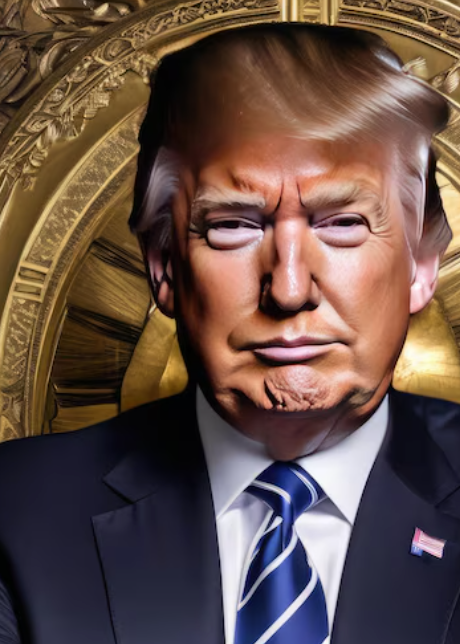
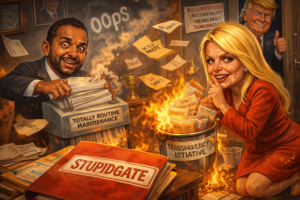
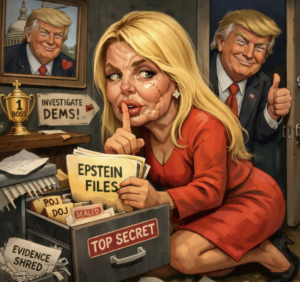


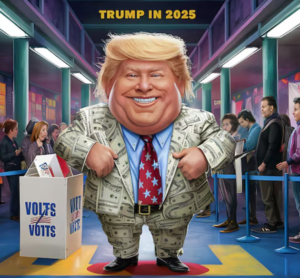



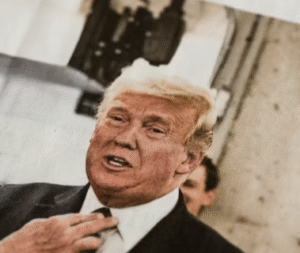
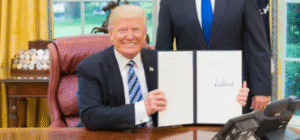
Comments are closed.